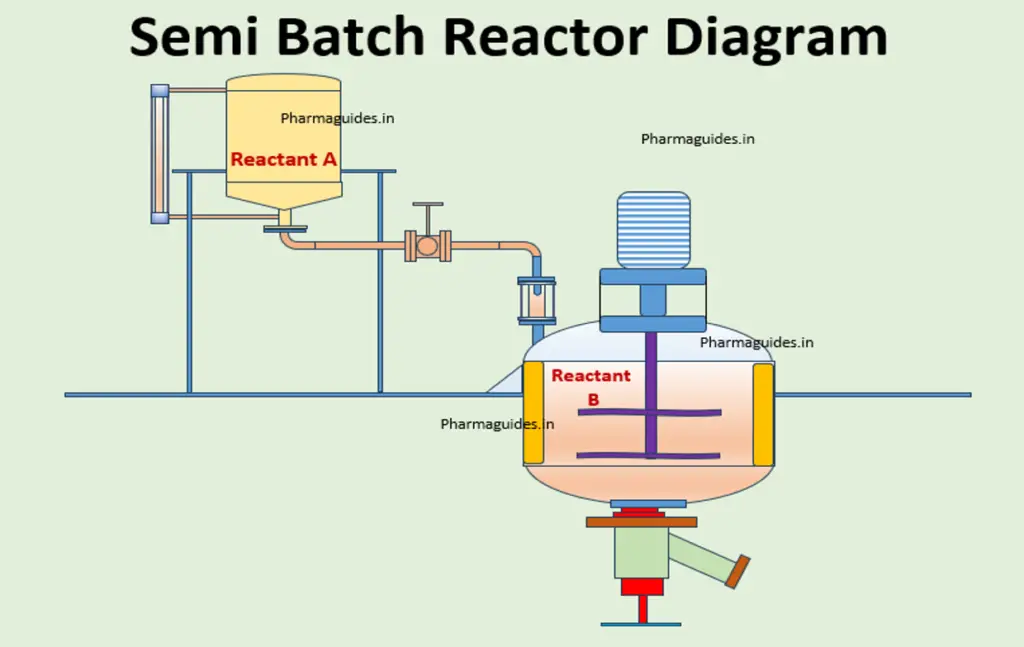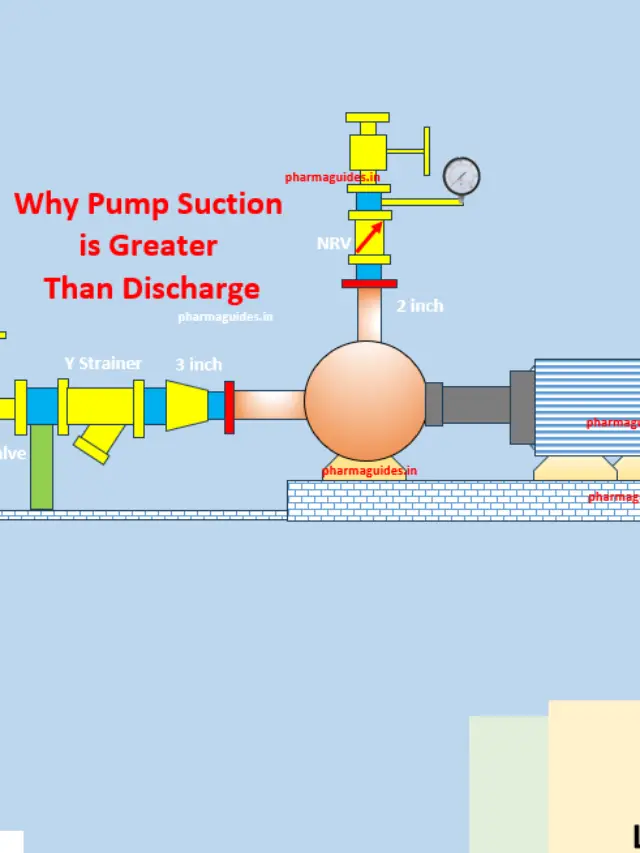Article Contents
The Energy Storage Capacity Means
In the realm of energy, the storage system’s capacity, denoted as E, represents its peak storing and releasing potential, typically quantified in watt-hours (Wh). Drawing an unconventional analogy, consider a bathtub—a unique storage system for water, akin to how diverse methods store and unleash energy in various sectors, The Energy Storage Capacity Means.

Energy storage capacity refers to the amount of energy that can be stored within a given system or device. This capacity is crucial for the efficient utilization of renewable energy sources, grid stability, and meeting fluctuating energy demands. Here are some key aspects and implications of energy storage capacity:
Hottest Planet in Solar System
Which is the Hottest Planet In Our Solar System
- Renewable Energy Integration: Energy storage capacity is instrumental in overcoming the intermittent nature of renewable energy sources such as solar and wind. By storing excess energy during periods of high generation and releasing it during low generation, energy storage systems contribute to a more stable and reliable power supply, The Energy Storage Capacity Means.
- Grid Flexibility and Stability: Energy storage enhances grid flexibility by acting as a buffer, balancing the supply and demand of electricity. This helps in maintaining grid stability, reducing the need for additional conventional power plants, and mitigating the impact of sudden power fluctuations or outages.
- Peak Load Management: Energy storage allows utilities to manage peak electricity demand efficiently. During periods of high demand, stored energy can be discharged to the grid, reducing the need for expensive and environmentally impactful peaker plants that are typically only used during peak hours.
- Resilience and Reliability: Having a robust energy storage capacity improves the resilience and reliability of the overall energy infrastructure. It provides a backup power source during emergencies, natural disasters, or grid failures, ensuring a continuous and stable power supply to critical facilities and services.
- Decentralized Energy Systems: Energy storage capacity supports the development of decentralized energy systems, enabling homes, businesses, and even entire communities to store excess energy locally. This reduces transmission and distribution losses, enhances energy independence, and fosters a more distributed and resilient energy landscape.
- Electric Vehicles (EVs): The growth of electric vehicles relies heavily on energy storage capacity in the form of batteries. Advancements in battery technology are essential for increasing the driving range, reducing charging times, and promoting widespread adoption of electric transportation.
- Intermittency Mitigation: Energy storage plays a crucial role in mitigating the intermittency associated with renewable energy sources. By storing excess energy when generation is high and releasing it when needed, storage systems contribute to a more consistent and reliable power supply.
Energy storage capacity is a linchpin in the transition to a sustainable and resilient energy future. Its implications span across various sectors, from renewable energy integration to grid stability and the advancement of electric transportation. As technology continues to evolve, increasing energy storage capacity will be pivotal in addressing the dynamic challenges of the modern energy landscape, The Energy Storage Capacity Means.
What is energy storage capacity?
Energy storage capacity refers to the maximum amount of energy that a storage system can hold and subsequently release. It is a crucial aspect in various fields, such as renewable energy integration, grid stability, and managing peak demand. This capacity is typically measured in watt-hours (Wh).
What is the meaning of energy storage?
Energy storage involves the capture of energy produced at one time for use at a later time. This process plays a vital role in balancing energy supply and demand, especially in the context of intermittent renewable energy sources like solar and wind, The Energy Storage Capacity Means.
What is the energy storage capacity MCQ?
In the context of multiple-choice questions (MCQ), the term “energy storage capacity” would typically refer to a question asking about the maximum amount of energy a storage system can hold and release. Respondents would choose from various options related to the quantification of this capacity, The Energy Storage Capacity Means.
What do you mean by energy capacity?
Energy capacity, often synonymous with energy storage capacity, denotes the maximum amount of energy a system can store. This measure is crucial for evaluating the efficiency and reliability of energy storage technologies across different applications, from batteries to reservoirs and other storage systems.
The energy storage capacity means what does it mean













1 COMMENTS
Comments are closed.